
Professor Douglas Boateng, Board Chairman of Minerals Income and Investment Fund (MIIF) has stressed on more action and less talk if the continent wants to see rapid progress.
At the recent Boardroom Summit, which he convened alongside other partners, Professor Boateng, delivered a clear message to C-suite executives. “Africa’s potential is undeniable, but we are held back by fragmentation and short-term thinking. The time for endless discussions is over. We need decisive action. The idea of a United States of Africa isn’t just bold. It’s necessary to secure our economic future.”
Africa is at a crossroads. With a collective GDP of US$2.6 trillion, the continent lags behind global economic powerhouses such as China (US$17.5 trillion), the United States (US$25 trillion), and India (US$4 trillion). Even smaller European nations like the United Kingdom and France outpace Africa, with GDPs of US$3.5 trillion and US$3.1 trillion, respectively.
This stark contrast raises a crucial question for Africa’s leaders, policymakers, and business executives: Can any African country achieve a GDP of at least one trillion dollars by 2063? Or is it time for a more ambitious and unified vision; an integrated United States of Africa, with open borders, harmonized policies, and seamless movement of goods, services, and capital across the continent?
For CEOs, chairpersons, and policymakers, the call to action is clear: The time has come to shift from rhetoric to results. African leaders must move beyond national interests and embrace regional integration. The African Continental Free Trade Area (AfCFTA) is a critical stepping stone, but its success depends on swift, coordinated action from both public and private sectors.
“The world will not wait for Africa,” Professor Boateng emphasized. “We have the demographic advantage, and we have the resources, but we lack the political and economic will to turn our aspirations into reality. It’s time to stop talking and start doing.”
Africa’s transformation requires more than policy documents. It demands dismantling protectionist barriers, making strategic investments in education and infrastructure, and committing to sustainable development. For business and political leaders, this means working together to create environments where innovation, trade, and entrepreneurship can thrive.
Agenda 2063 offers the roadmap, but as Prof Boateng noted, “Plans without execution are futile. Now is the time for leadership to move from reactive policymaking to bold, proactive initiatives that deliver immediate results.” The continent cannot afford to wait any longer. Leaders must focus on outcomes, not promises.
The stakes are high. The decisions made today will shape Africa’s position on the global stage for decades to come. “Action speaks louder than words,” Prof Boateng concluded. “It’s time to stop talking about potential and start delivering results that matter for our people, businesses, and future.”
Africa’s future will not be shaped by endless meetings and speeches but by the strength of our decisions and actions. Now is the time to act. Less talk, more doing. The moment is ours. Let’s seize it.
The post Less talk, more action to secure Africa’s economic future – Prof. Douglas Boateng appeared first on The Business & Financial Times.
Read Full Story
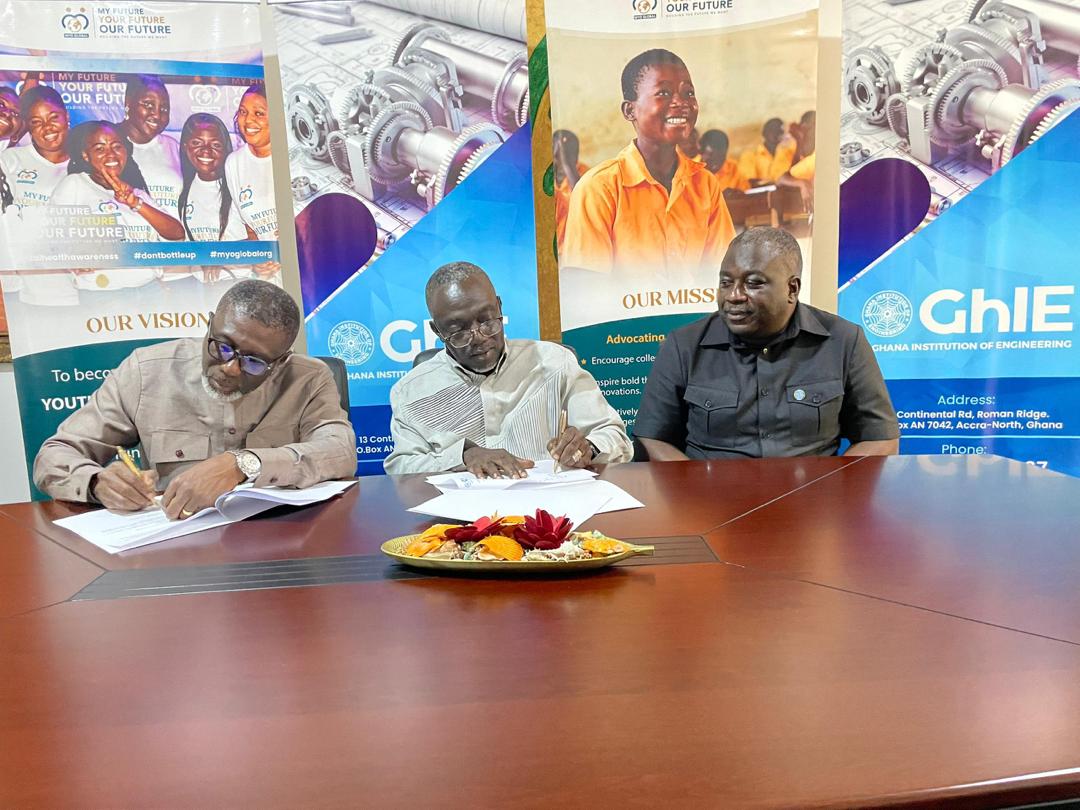
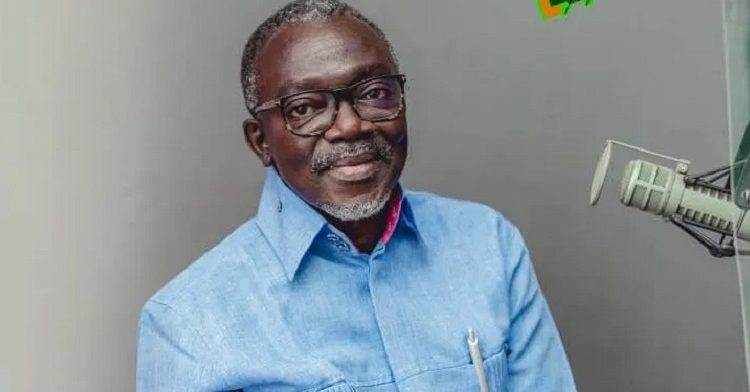
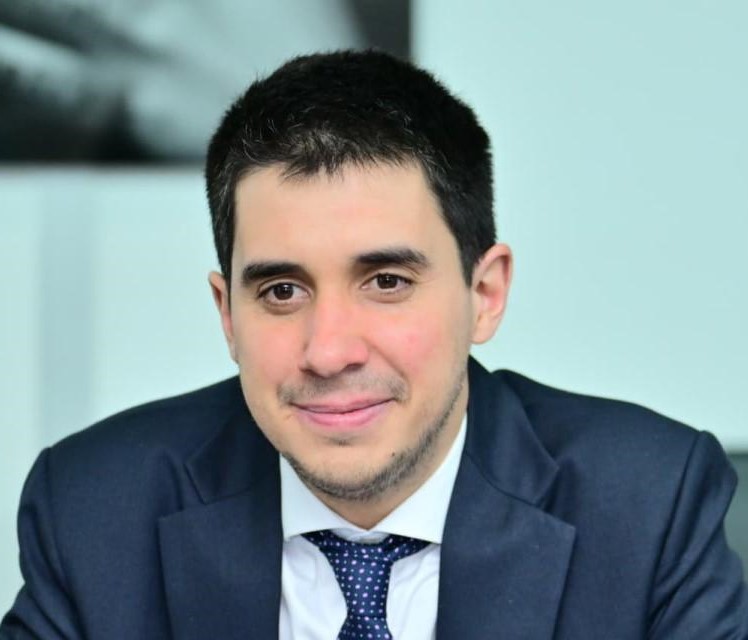



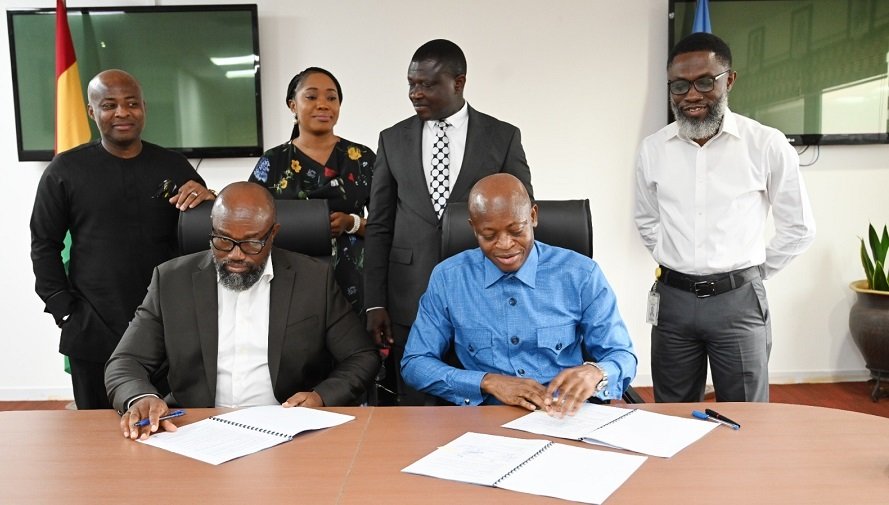
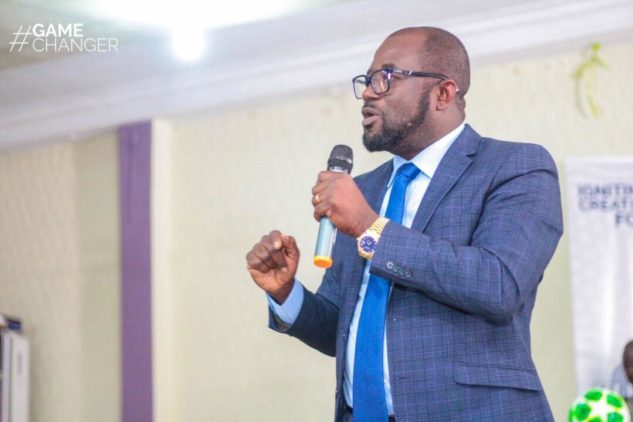


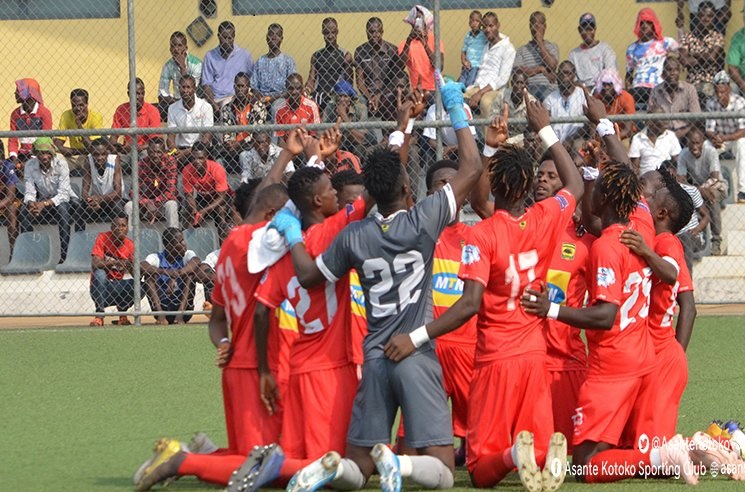
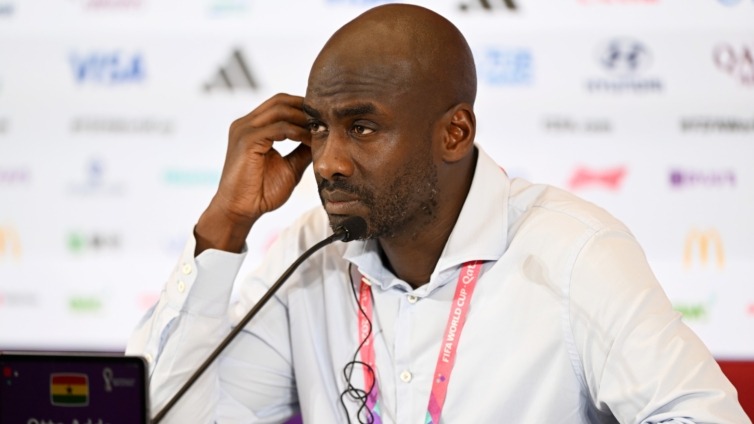

Facebook
Twitter
Pinterest
Instagram
Google+
YouTube
LinkedIn
RSS